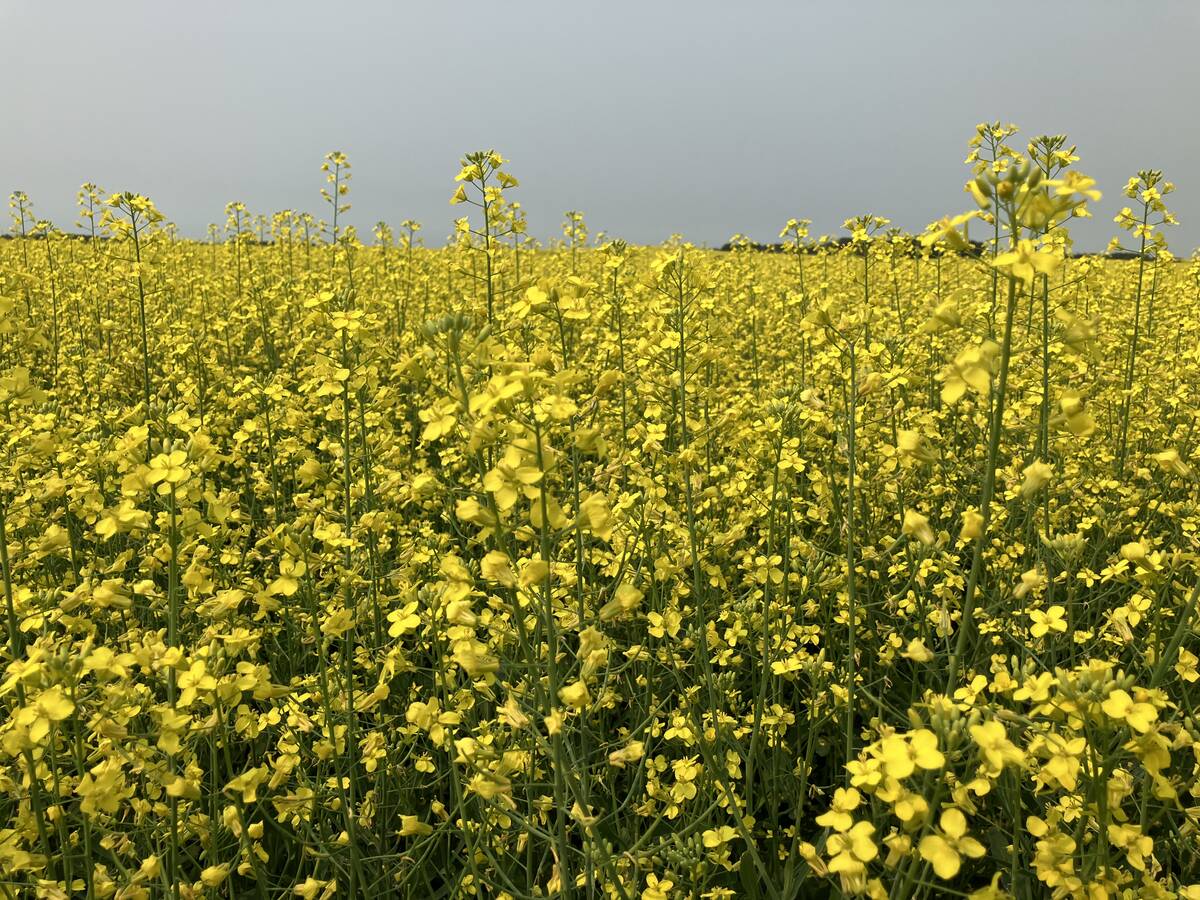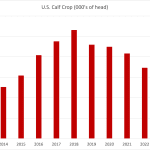Farmer’s organizations have had a lot to say about genetically modified wheat, but most farmers haven’t been able to express their personal views.
Researchers at the University of Manitoba hope to change that by surveying 11,000 farmers and rural people from Manitoba, Saskatchewan and Alberta.
“It’s getting right into individual farmers’ homes and finding out how they think it might affect them,” said researcher Ian Mauro, who was in the midst of stuffing 11,000 envelopes.
The surveys will be mailed out this week and results should be published in late summer, Mauro said.
Read Also

Canola used in only quarter of Canadian biofuel
Less than one-quarter of the biodiesel and renewable diesel used in Canada in 2024 was made from canola oil feedstock
The survey, which contains more than 160 questions, attempts to uncover peoples’ views of the possible effects of GM wheat and connect it to their lives.
Farmer and non-farmer answers will be separated. Farmers can be divided by various factors including the areas they live in, the soil types farmed and the production methods they use.
Mauro said it is important to be able to connect farmer opinions with their particular farm situation to see if any patterns can be detected.
“We’re doing a special analysis, in which we are linking responses to a person’s bio-physical environment,” said Mauro.
Professor Stephane McLachlan said the idea for the GM wheat survey came from an earlier GM canola survey. Farmers were quizzed about their experience with GM canola, and asked a simple question about their views on GM wheat.
“It was stark, the difference,” said McLachlan. “The difference in attitudes between the two technologies made us realize very, very quickly that we couldn’t lump all the technologies together.”
Once the survey is analyzed, results will be sent to regulators, agricultural companies, international organizations and farm communities.
Mauro said non-farmer rural residents are included in the survey because “there’s a lot more to this debate than just farmers.”
When this survey is completed, more should be known about the prairie farmer’s view of GM wheat.
“Farmers have a very important rural knowledge,” said Mauro.
“Rural community members have a very important local knowledge. These people by and large have been left out of the debate.”
The $30,000 cost of the survey will be covered by the Social Sciences and Humanities Research Council and the Manitoba Rural Adaptation Council.

















